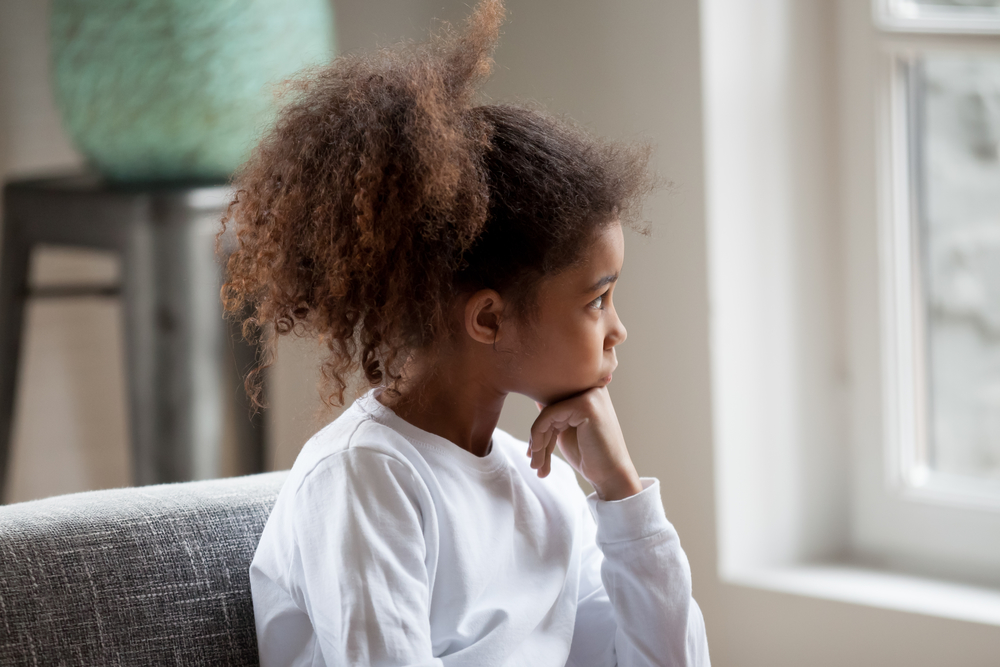
Signs of Anxiety in Children and Teenagers
Anxiety in children and teens is one of the most common mental health illnesses in Australia, not to mention one of the most debilitating. In 2015, around 6.9% of Australians aged 4-17 experienced an anxiety disorder. This is equivalent to 278,000 young people.
Given that those in this age group often demonstrate a range of behaviours that indicate distress and discomfort, it can be hard distinguishing between what’s normal and what requires diagnosis and treatment.
In our post today, we dive into signs of anxiety in children and teenagers. While there are subtle differences in anxiety in children and teenagers, there are many common symptoms.
Feeling irritable and experiencing frequent outbursts
For teens and children battling anxiety, constant irritability is likely to be one of the most obvious symptoms. The difficulty with this, however, is understanding whether irritation stems from personality factors or something much deeper than that.
If unexplained and sustained irritation is coupled with temper tantrums or emotional outbursts, you may be dealing with someone with anxiety.
Restlessness and sleeping difficulties
Another sign of this condition could be constant restlessness and sleeping difficulties. Given the nature of anxiety – where children and teens are gripped with intrusive thoughts and constant worries – it’s easy to feel restless and have trouble sleeping.
Does your child display any of these symptoms to a troubling degree? Try and see if there may be any other factors causing this behaviour.
Stomach aches/gastrointestinal issues
If your child or student has been experiencing frequent and unexplained stomach aches/runny stomaches or other gastrointestinal issues, particularly when something stressful happens, it could be a sign of anxiety.
If you’ve taken them to a doctor or if you realise that there are no other triggers for these reactions, it may be time to consult a psychologist for help. Gastric disturbances tend to be one of the most tell-tale signs of anxiety.
Constant complaints of poor health
Anxiety wrecks the mental wellbeing of anyone who suffers from it, and this is especially true for children and teenagers.
Because of their poor mental health, children and teens may report symptoms of sickness, such as headaches, fever, exhaustion, and other physical symptoms, all of which, ultimately, point to anxiety.
It’s important, however, to make sure that these signs are not the results of an actual physical illness. Take your child to the doctor’s if these symptoms persist.
Excessive worrying and experiencing negative thoughts
Anxiety in children and teenagers causes them to worry and stress even in the absence of any real reason they should.
Has your child or student been fretting about minor issues? Displayed signs of nervousness or worry in the face of otherwise non-threatening tasks or activities? Has confided that he/she experiences negative thoughts frequently?
Don’t dismiss these signs as those simply of a worried child. This could very well be a symptom of anxiety.
Changes in eating habits
Another very common sign of anxiety in children and teenagers is a change in eating habits. For this age group, this will most often mean that your child or student is suddenly eating less or has displayed signs of a poor appetite.
This, however, has to be in tandem with the other signs mentioned in this post, before it can be deemed as anxiety. It is, therefore, best to seek a professional medical opinion before you can decide the appropriate treatment strategy for your child.
A reluctance to participate in school or other social activities
While this sign can be the result of a number of reasons, if your child or student expresses an unwillingness to participate in activity around him/her, it could be a sign of this condition.
Make sure you’re talking to the child or teen, under your care, about why they may not wish to involve themselves with their friends or peers. Anxiety is not the only cause of such behaviour, given the number of other behavioural and attitude changes children and teens go through as they grow older.
Identify signs of anxiety in children and teenagers and get them the help they need
Anxiety can be debilitating but it doesn’t have to disrupt your child’s life more than it should. While this condition may never be fully cured, getting children and teenagers the right mental health support can help them manage their symptoms successfully.
At onPsych, embracing mental health issues and learning to live with them lies at the core of what we do. Get in touch with us today to help children and teens reach their full potential!
